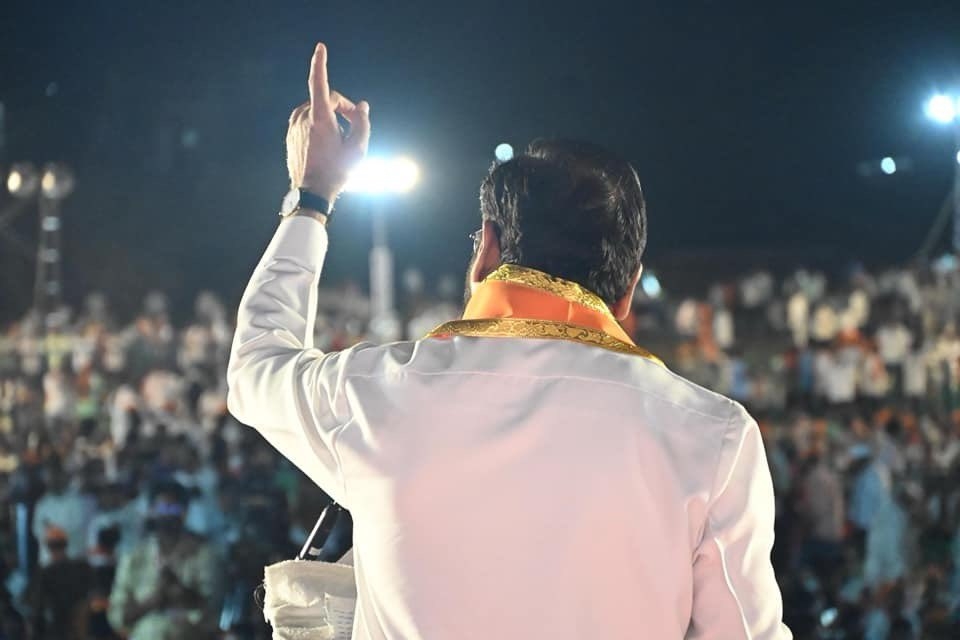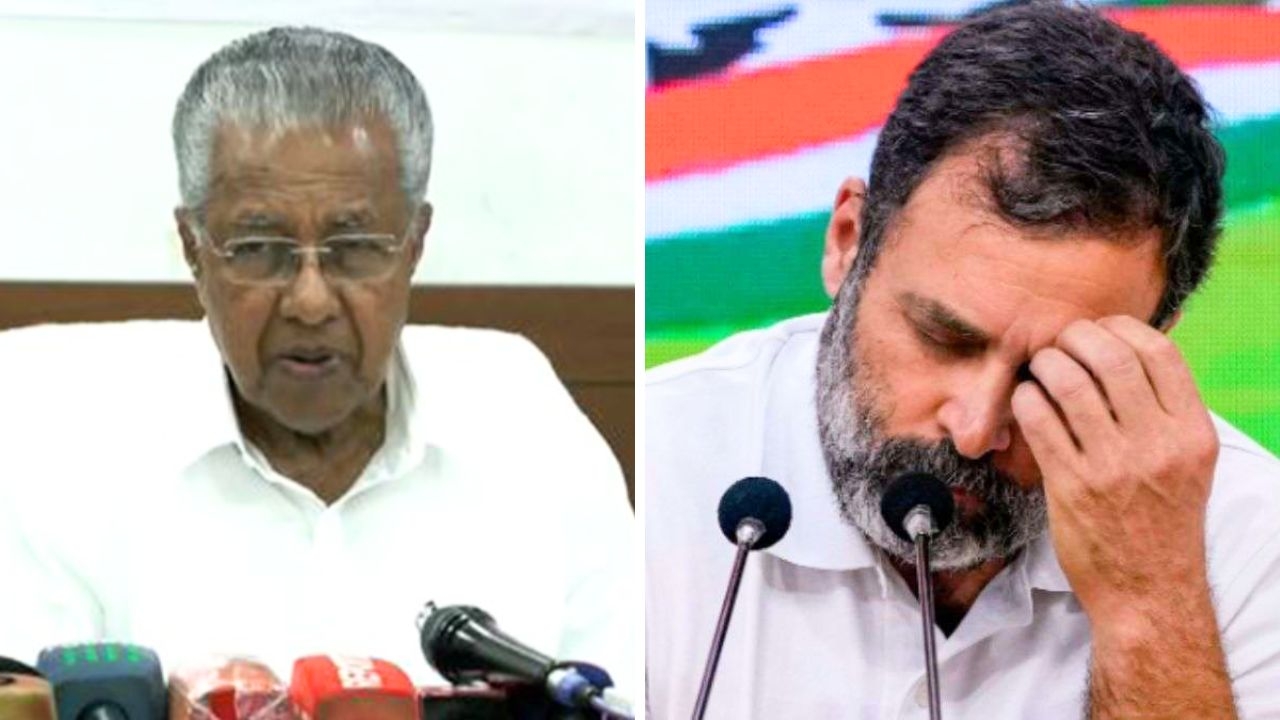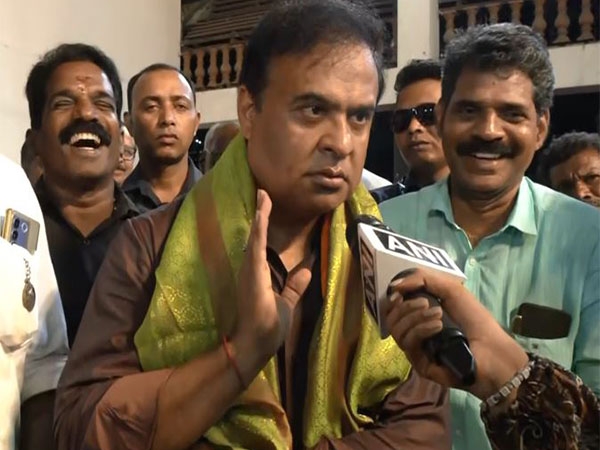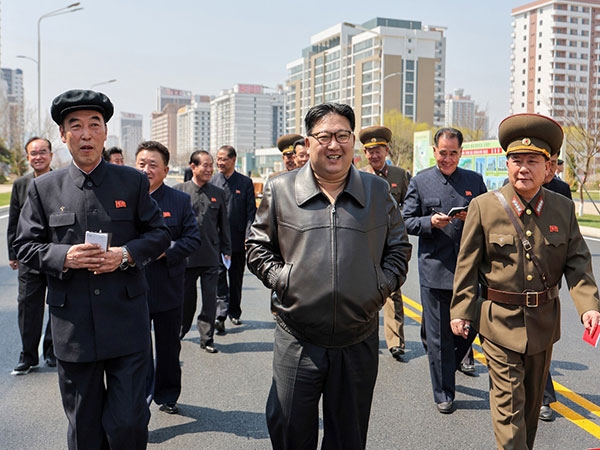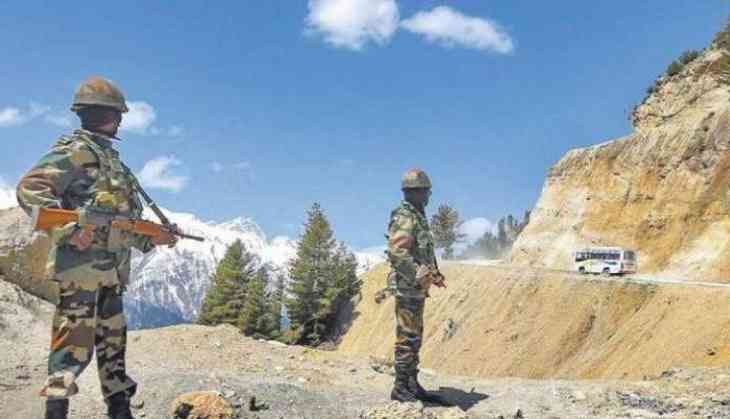
The recent border stand-off with China has prompted India to rethink its policy with its neighbour and speak up for other Asia-Pacific nations while eschewing the trade protectionism that has curtailed New Delhi's influence in the region.
With elections this year and a battered economy following Covid-19, the United States' retreat from the region is likely to continue. "What Asia needs is a collective middle-power response as a balance against China. This is where India can play a role," Mohamed Zeeshan, editor-in-chief of Freedom Gazette and a writer for The Diplomat, has said in an analysis published in South China Morning Post on Tuesday.
India has long steered clear of the geopolitical concerns of other countries in the region and played cautiously. While New Delhi has stepped up bilateral military cooperation with countries like Vietnam, it has generally stayed silent on politically sensitive issues.
In 2016, for instance, when China refused to abide by an international tribunal ruling on its South China Sea dispute with the Philippines, India chose not to explicitly call out Beijing. But India must now speak out more vocally on the concerns of other countries in the Asia-Pacific - and back that with deeper cooperation with the Association of Southeast Asian Nations, Japan, Australia, and others.
But now India must similarly speak up for Hong Kong and Taiwan - both of which are integral to economic activity and stability in the entire region, the analytic piece suggested.
"India should complement this shift in its foreign policy with a more open economic policy. Despite being among the largest economies in the world, India has had little leverage over China. While China is the largest source of imports to India, these imports account for less than 3 per cent of China's total exports. By contrast, Vietnam - whose economy is less than a tenth of India's - makes up a larger share of China's exports pie," Zeeshan said.
Much of this is due to years of trade protectionism in India, which has curtailed the country's influence in the region, as per Zeeshan, who has also previously served as an adviser to the Indian delegation to the United Nations in New York.
He said India's decision to sit out the Regional Comprehensive Economic Partnership was a missed opportunity, adding that New Delhi's current unofficial boycott of economic ties with China in response to the recent tensions will also prove counterproductive.
"The Asia-Pacific does not want a confrontation between the world's two largest nations, but it does need a balance of power between competing alliances to deter mutual aggression. India should step up and fill the leadership vacuum in the region," he said further.
-ANI
Also Read: Rahul Gandhi to explain in 3rd part of video series today: 'How should India deal with China?'



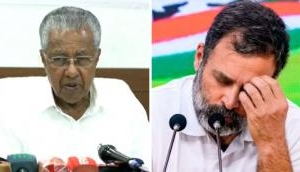

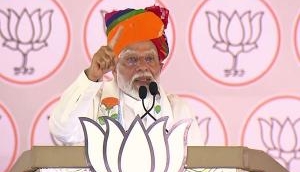

![BJP's Kapil Mishra recreates Shankar Mahadevan’s ‘Breathless’ song to highlight Delhi pollution [WATCH] BJP's Kapil Mishra recreates Shankar Mahadevan’s ‘Breathless’ song to highlight Delhi pollution [WATCH]](http://images.catchnews.com/upload/2022/11/03/kapil-mishra_240884_300x172.png)

![Anupam Kher shares pictures of his toned body on 67th birthday [MUST SEE] Anupam Kher shares pictures of his toned body on 67th birthday [MUST SEE]](http://images.catchnews.com/upload/2022/03/07/Anupam_kher_231145_300x172.jpg)


